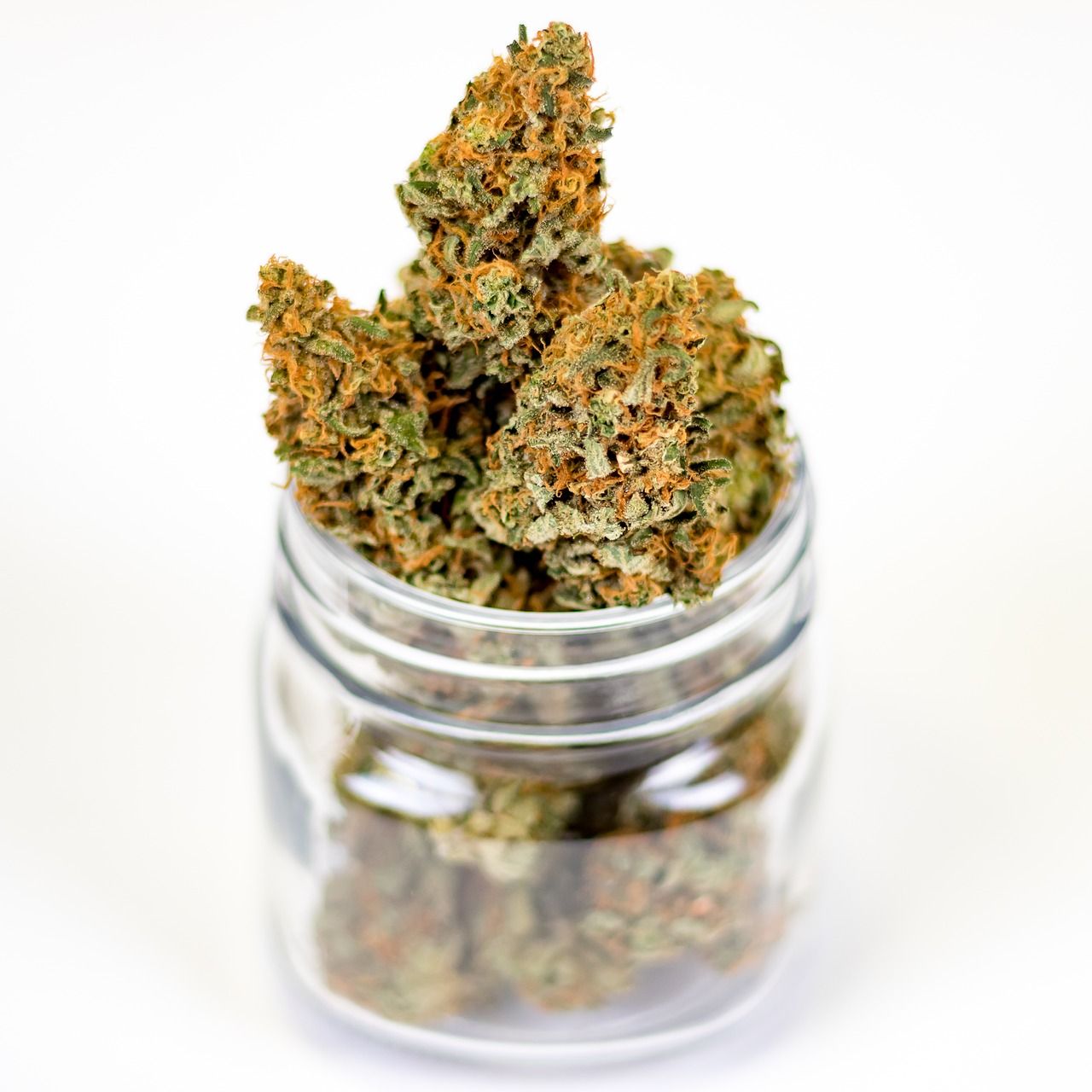Cannabis laws in the United States remain a patchwork of regulations, reflecting the tension between federal prohibition and state-level reform. While cannabis is still classified as a Schedule I controlled substance under the Controlled Substances Act, 38 states have legalized medical cannabis and 24 allow adult-use recreational sales as of 2025. This divide creates a complex legal environment where consumers, businesses, and regulators must navigate widely different rules depending on the state.
Federal vs. State Authority
At the federal level, cannabis remains illegal, making activities such as interstate commerce and banking difficult. However, the federal government has largely allowed states to implement their own cannabis programs without significant interference. This deference stems from policy guidance such as the Cole Memorandum of 2013 (later rescinded, but still influential) and evolving public support for reform. According to a 2024 Pew Research Center poll, nearly 88% of Americans support some form of legalization, underscoring the momentum behind state-level changes.
States with Adult-Use Legalization
Recreational legalization began with Colorado and Washington in 2012. Today, states like California, Colorado, Oregon, and Nevada have mature markets that include retail dispensaries, delivery services, and cannabis tourism. These programs often impose tax structures that vary widely. For instance:
- California levies a state excise tax of 15% on cannabis sales, in addition to cultivation and local taxes.
- Nevada imposes a 10% retail excise tax, alongside wholesale taxes that apply to cultivators.
- Oregon, in contrast, maintains a relatively low 17% statewide sales tax, helping drive competitive pricing.
Such differences impact both consumer costs and state revenue. In 2023 alone, states collected over $4 billion in cannabis tax revenue (Marijuana Policy Project), funding initiatives ranging from public health programs to education.
Medical Cannabis States
Not all states permit adult use. In Florida and Pennsylvania, cannabis remains restricted to medical patients with qualifying conditions. Florida’s system, for example, is among the largest in the nation, requiring patients to obtain a medical marijuana card and purchase through licensed dispensaries such as Trulieve or Ayr Wellness. Unlike recreational markets, medical programs often restrict product types, THC potency, or purchase limits to align with therapeutic intent.
States with Limited or No Access
Despite broad legalization trends, several states continue to enforce strict prohibition. Idaho, Kansas, and South Carolina maintain bans on both medical and recreational cannabis. Others, like Texas, allow only limited low-THC cannabis for medical use. These differences often reflect political climate, public opinion, and local concerns about public safety.
Social Equity and Licensing
A growing number of states are embedding social equity programs into cannabis regulation, acknowledging the disproportionate impact of the War on Drugs. States such as Illinois, New York, and Massachusetts have prioritized licenses for individuals from communities most affected by past cannabis enforcement. However, critics argue that barriers to capital and complex application processes limit meaningful participation.
Consumer Considerations
For consumers, the state-by-state variation means the experience of purchasing cannabis can differ dramatically. In Colorado, adults can walk into a dispensary and buy flower, concentrates, or edibles with only a driver’s license. In Florida, patients must undergo a doctor’s evaluation and register with the state before making any purchase. Travelers should also be aware that crossing state lines with cannabis—even between two legal states—remains a federal offense.
The Road Ahead
Looking forward, many experts predict further expansion of legalization, especially as more states observe the economic benefits of cannabis revenue. Federal reform remains uncertain, though recent moves toward rescheduling cannabis to Schedule III under the Controlled Substances Act could ease restrictions on research and business operations. Until then, cannabis consumers in the U.S. must remain aware of state-specific rules, as the legal landscape continues to evolve rapidly.
Read More: The Future of Cannabis Legalization and What Consumers Can Expect

